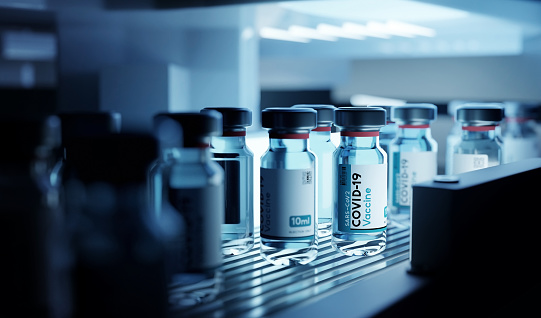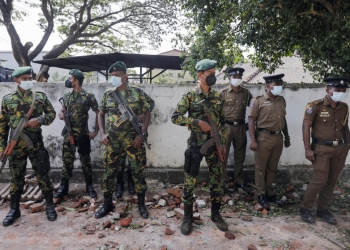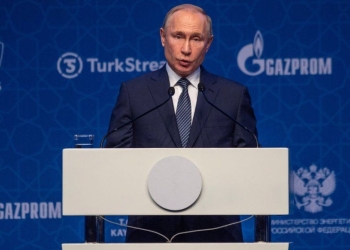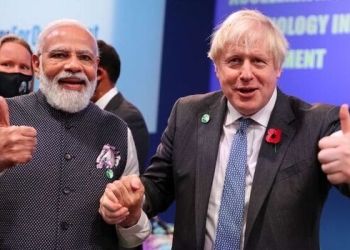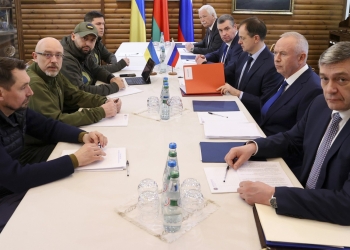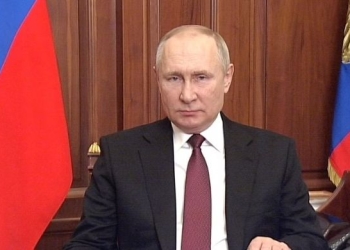Financial and healthcare ministers from the world’s 20 biggest economies (G20) stated on Friday that they will make efforts to guarantee that 70 per cent of the worldwide people are immunized from COVID-19 by mid-2022 and that they would form a response team to combat subsequent epidemics.
They were unable to achieve a consensus on a distinct finance facility offered by the US and Indonesia but stated that the working group will investigate methods for mobilizing money to improve pandemic preparation, mitigation, and reaction.
“To help advance toward the global goals of vaccinating at least 40 per cent of the population in all countries by the end of 2021 and 70 per cent by mid-2022 … we will take steps to help boost the supply of vaccines and essential medical products and inputs in developing countries and remove relevant supply and financing constraints,” according to a statement issued by the G20 ministers. The prior target was to vaccinate 70% of the worldwide people by the fall of 2022.
According to the report “we establish a G20 Joint Finance-Health Task Force aimed at enhancing dialogue and global cooperation on issues relating to pandemic prevention, preparedness and response, promoting the exchange of experiences and best practices, developing coordination arrangements between Finance and Health Ministries, promoting collective action, assessing and addressing health emergencies with cross-border impact and encouraging effective stewardship of resources”.
Also, know the G20 Nations to unite
The ministers stated that they were establishing the new agency because the COVID-19 pandemic revealed severe flaws in the world’s ability to coordinate its response. They committed to supporting “all collaborative efforts” to increase access to safe, cheap, high-quality, and effective vaccinations, treatments, investigations, and safety equipment, especially in low-income and intermediate countries.
To meet the immunization targets, they stated that they will seek to increase the availability of vaccinations and key medical goods and commodities in developing nations while addressing availability and financial limitations, but provided no specifics. Global Citizen, a worldwide advocacy organization, applauded the early goal date but said that the planet required “a battle plan” that outlined where to go next, increased openness as to how many dosages were generated wherever, once, and for whom, and a heightened understanding as to where shortages were.
“It is no longer appropriate to make declarations of purpose. It has become up to our governments to take action”, Friederike Roder, the institution’s Vice President stated.
The officials also advocated for improved supply chain robustness via voluntary technical assistance centres, such as the recently formed mRNA Centers in South Africa, Brazil, and Argentina, as well as cooperative manufacturing and production partnerships. The call for consensual mRNA technical assistance implies that discussions at the World Trade Organization on the concept of a momentary exemption of IP rights on COVID-19 vaccines and treatments – initially envisioned by South Africa and India and so now actively promoted by the U.S. – have stalled.
The G20, according to German Finance Minister Olaf Scholz, did not address patents.
“We have such a lot of vaccinations accessible globally, but the fact is that there have still been locations in the globe where the proportion of individuals immunized is fairly low,” Scholz told reporters on the margins of the meeting.

